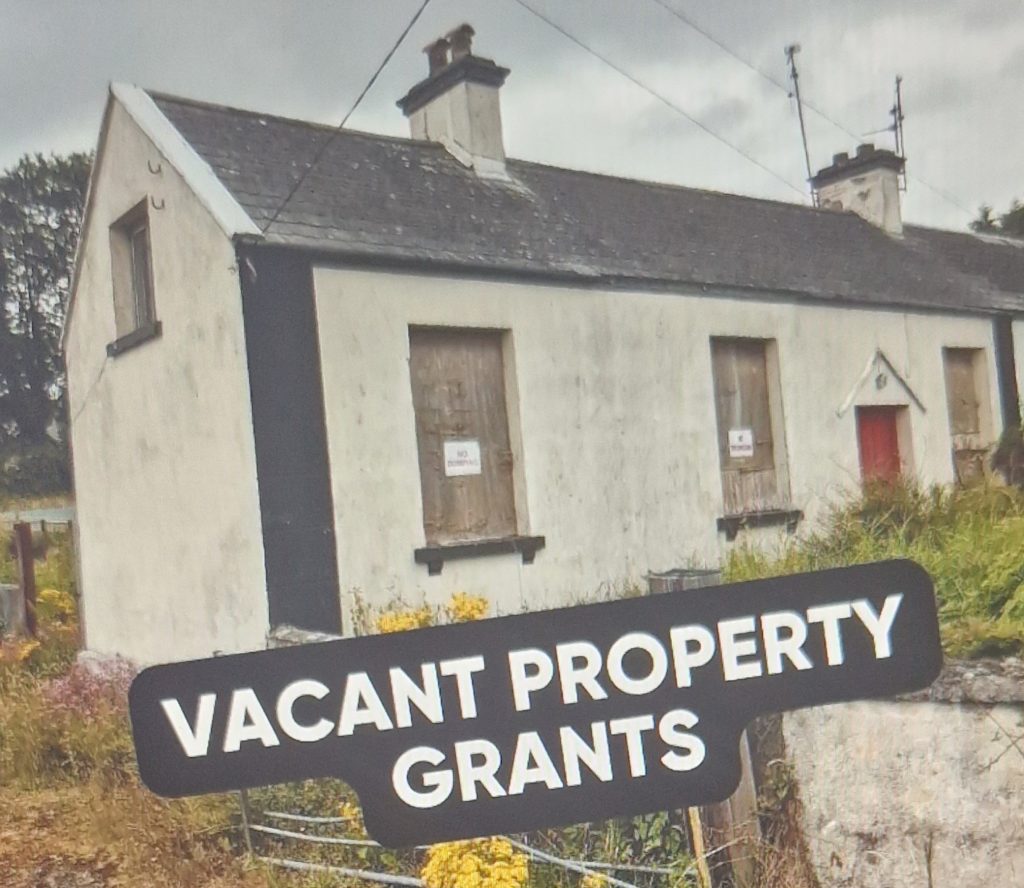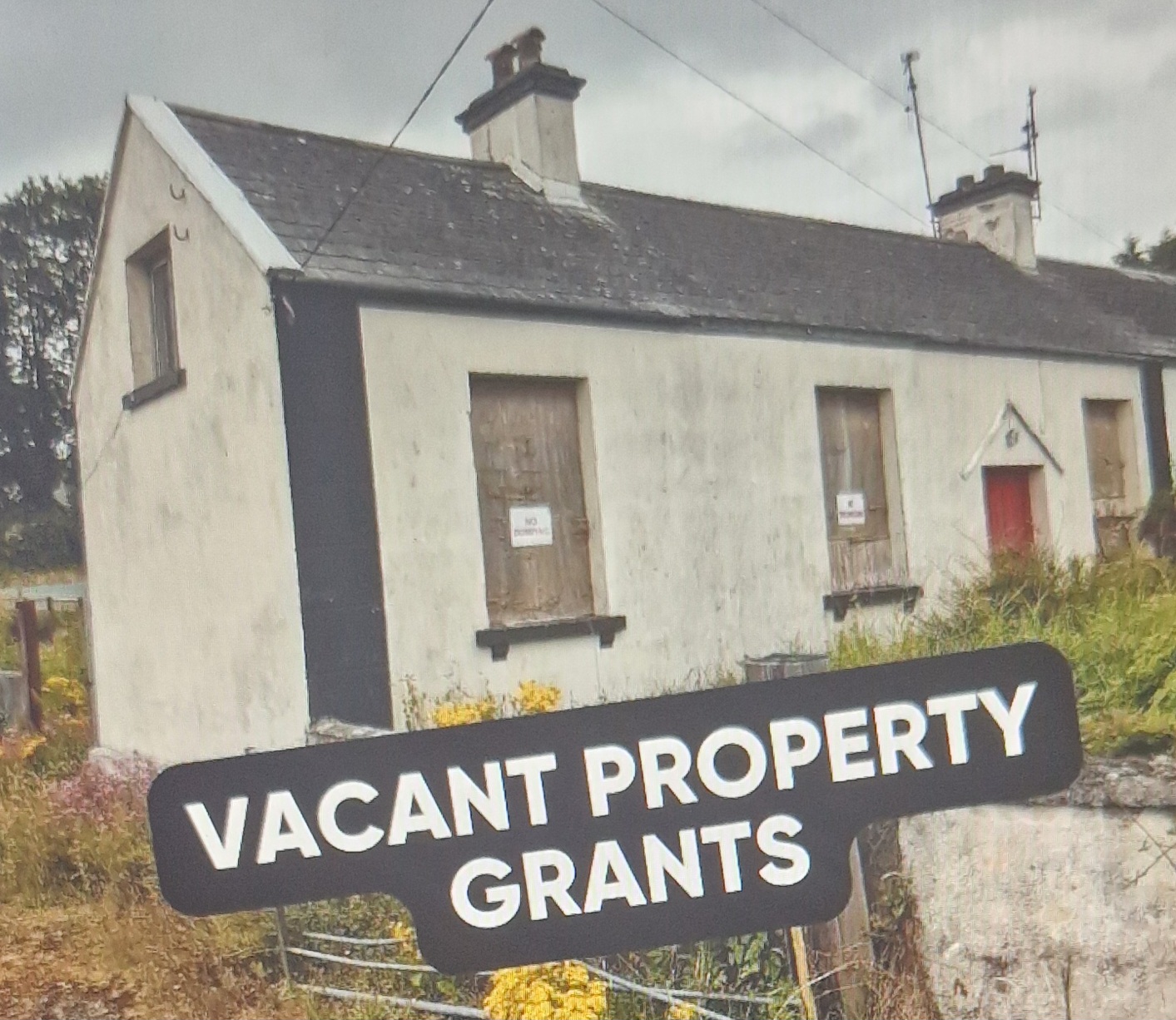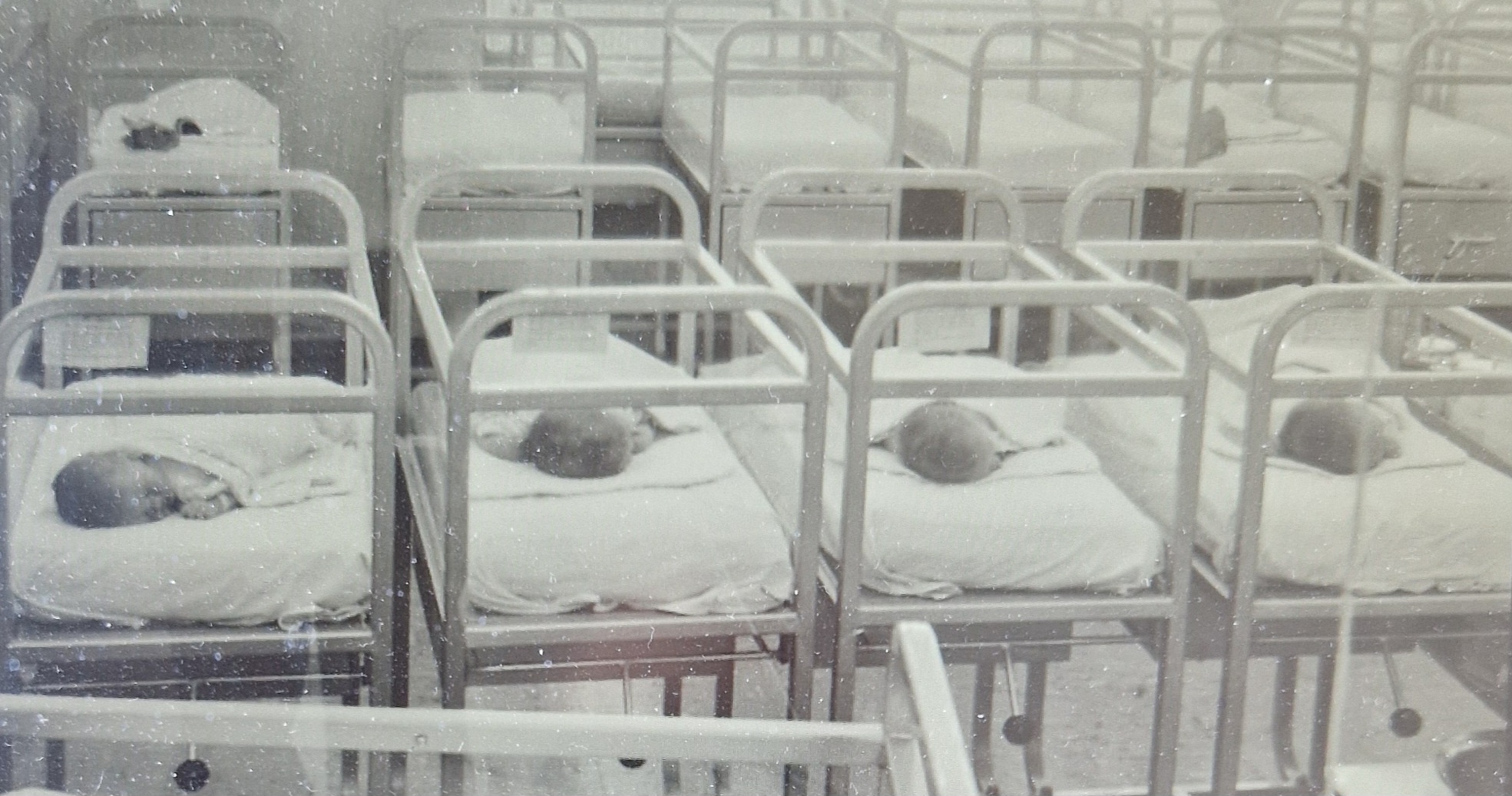The Croí Cónaithe (Towns) Fund, to be delivered by local authorities, will provide new choices for people to live in towns and villages in Ireland, initially through the provision of a grant to support the refurbishment of vacant properties, with priority given to areas where the level of vacancy or dereliction is high.
When the Grant was launched it was made available to eligible vacant properties in towns and villages. Following a review, a decision has been made to expand availability of the Grant nationwide to eligible vacant properties in cities, towns, villages and rural parts of the country.

From 1 May 2023, a grant of up to a maximum of €50,000 is available for the refurbishment of vacant properties for occupation as a principal private residence and for properties which will be made available for rent and registered as a tenancy with the Residential Tenancies Board (RTB), including the conversion of a property which has not been used as residential heretofore, subject to appropriate planning permission being in place. This is subject to upper limits for the types of work specified below having regard to a reasonable cost assessment by the local authority. The grant is inclusive of the VAT cost of the works.
Where the refurbishment costs are expected to exceed the standard grant of up to €50,000, a maximum top-up grant amount of up to €20,000 is available where the property is confirmed by the applicant to be derelict (i.e. structurally unsound and dangerous) or if the property is already on the local authority’s Derelict Sites Register, bringing the total grant available for a derelict property up to a maximum of €70,000. In the case of a top-up grant in respect of a derelict property not on the Derelict Sites Register, an independent report prepared by an appropriately qualified professional is required to be submitted along with the application confirming that the property is derelict.
Those applying for the grant are required to indicate on the application form if they are applying in respect of a property that will become their principal private residence or a property that will be made available for rent. This must be indicated at the outset as different conditions apply depending on the application type.
Properties considered for inclusion must be built up to and including 2007 and evidence of this is required to support grant application. Confirmation of vacancy must be validated prior to grant approval. This can be verified by Utility Bills, ESB meter readings, or such other proofs as are available to the satisfaction of the local authority. This will help determine vacancy periods (e.g., pattern of usage or disconnection).
A SEAI Better Energy Home Scheme Grant may be available in combination with this grant. Works covered by SEAI Better Energy Homes Scheme will therefore not be under the Vacant Property Refurbishment Grant. The local authority must satisfy themselves that proposed works are not claimed for under any other grant.
In respect of rental properties, all landlords are required by law to comply with the standards for rental housing and ensure their properties are fully compliant with fire safety and minimum standards regulations for rental properties. See https://www.irishstatutebook.ie/eli/2019/si/137/made/en/print. As part of the declaration to be signed in the application form, all applicants must agree to meet and comply with these standards.
The scheme is available to individuals or households for which the property will be their principal private residence or applicants who will make the property available to rent on the private market. It is not available to registered companies or developers. Applications can only be made by named individuals.
To submit a query about this grant in County Westmeath, please email vacanthomes@westmeathcoco.ie
- Vacant Property Refurbishment Grant FAQ
- Vacant Property Refurbishment Grant Scheme Outline
- Vacant Property Refurbishment Grant Application Form
Proof of both vacancy and ownership will be required to support the grant payment. In terms of ownership, it is a matter for the applicant to confirm ownership to the local authority. A local authority may give approval in principle to a grant application where the applicant is able to provide evidence of active negotiations to purchase a property i.e. confirmation of engagement from the estate agency or owner of the property and where the owner provides such evidence as to vacancy as is required under the scheme on behalf of the applicant. Such approval in principle shall not be confirmed as approval in full until ownership has transferred to the applicant and no drawdown may take place until such ownership has been confirmed to the satisfaction of the local authority.
Please get in touch if you require any support in acquiring these grants


